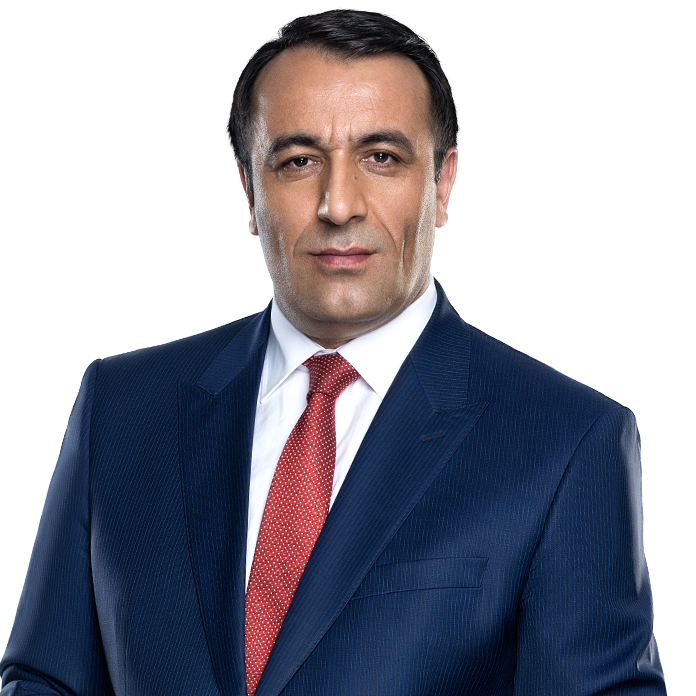The G20 Leaders’ Summit, hosted by the Australian city of Brisbane, concluded with the release of a communiqué. This summit, which is held in a different country each year, had significance for Turkey.
Turkey will take over the rotating presidency of the G20 on Dec. 1, 2014. This process started with the presentation made by Prime Minister Ahmet Davutoğlu in his capacity as G20 president for 2015, and his statements are important in regard to the lines set out for the vision that Turkey hopes to implement at the 2015 G20 Summit.
The last meeting in Australia showed that while the primary topic is the economy, it will be difficult to debate political and social events separate from the economy. In this aspect, Turkey proves a good example for other countries when it comes to the manner in which the political and societal rapprochement it experienced in the 2000s reflected on its economy.
It is understandable that Australia’s G20 agenda was determined by the topics of growth and employment, taking into consideration that these countries account for 80 percent of global GDP and 75 percent of global commerce. It should not be forgotten that the G20 derives its importance and power as a result of the 2008 global economic crisis.
The final communiqué gives priority to topics related to the traditional economy. The raising of living standards and the creation of employment opportunities relevant to that, the 2 percent growth for the G20’s GDP that it should attain in the next five years, and the possibility of adding 2 trillion U.S. dollars to the global economy were mentioned. The expectation from countries to raise their employment numbers was emphasized.
The “Brisbane Action Plan,” revealed to increase growth and employment, the decision to establish the “Global Infrastructure Hub” to support entrepreneurs, and action plans in the fields of finance, energy efficiency, development, and work force showed the priority given by the G20 to economic advancement.
Turkey, on the other hand, sets the example for developing and less-developed countries in particular, as a result of its high growth ratio since 2002 and the improvement in social and economic welfare that it attained with the help of the improvement in its macroeconomic indicators. At the same time it also stands out in the G20 as a result of its experience in this area.
However, just as Turkey mentioned at the summit as well, it doesn’t look likely that the G20 will be able to solve political and humanitarian issues by solely focusing on the economy. Economic improvement can only be accepted as a tool that helps in solving these problems.
It is important that the final communiqué stated the need for a more comprehensive discussion at the G20 Summit on the fight against the spread of the Ebola virus, and -- upon Prime Minister Davutoğlu’s insistence – the need to focus on the plight of those affected by war and refugees, and its recommendation that international institutions do more to provide aid. It is expected that the G20 grouping, which comprises 2/3rds of the global population, be the most vociferous defender of the right to live in humane conditions.
The G20 Summit in Australia showed that it is not just developing and less-developed countries that keep track of Turkey but that developed countries, too, keep a watchful eye on Turkey.
The expectation of increased growth to generate employment and improve living standards, the action plans mentioned in the final communiqué, the coming to the assistance of affected countries and the request that international organizations share information are all areas where Turkey has proved successful and issues that Turkey raised at the summit. Turkey distinguished itself from other G20 countries in this regard.
As Turkey prepares to takes over the G20 Presidency, the political stance it adopted at the Australian Summit was a trial run for the strategies it will implement when it takes over the rotating presidency. The emphasis placed by Turkey on giving a stronger voice to humanitarian problems and the strengthening of cooperation in this regard, provides a pointer that it will be an important part of the agenda at the G20 Leaders’ Summit to be held in Antalya in 2015.
This is because it is of vital importance to Turkey, which has opened its doors to refuges from Syria and Iraq, with regard to its national and international policies that peace be established across the globe. This situation bears evidence that during Turkey’s term as rotating president, the sole focus will not just be the economy. As part of this mission, Turkey is also expected to play a leading role in integrating countries that are not part of the G20 into the global economy and the political fold.
On the other hand, the creation of the BRIC bloc and the MIKTA Initiative (an informal and non-exclusive group of “middle powers” comprising Mexico, Indonesia, South Korea, Turkey and Australia), within the G20 will further strengthen the G20 and increase Turkey’s power in regard to its international political and economic relationships.
twitter.com/erdalkaragol




















